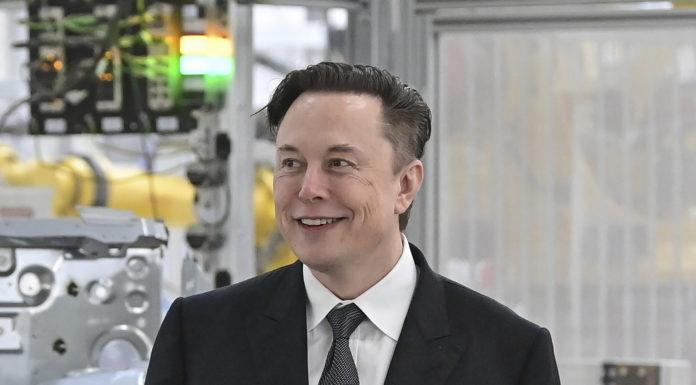(Jacob Bruns, Headline USA) Tesla founder and Twitter CEO Elon Musk signaled over the weekend that he may be interested in bailing out and taking over the failed Silicon Valley Bank, the Daily Mail reported.
I’m open to the idea
— Elon Musk (@elonmusk) March 11, 2023
In what has been called an “an extinction-level event for startups,” Silicon Valley Bank, the nation’s 16th-largest bank, failed after depositors hurried to withdraw money this week amid anxiety over the bank’s health.
It was the second biggest bank failure in U.S. history after the collapse of Washington Mutual in 2008.
The bank served mostly technology workers and venture capital-backed companies, including some of the industry’s best-known brands.
But on Friday, as the news was breaking, Musk—one of the world’s richest men—floated the idea of purchasing the bank in a five-word tweet.
“I’m open to the idea,” he wrote, responding to suggestions that he consider buying up the failed bank.
Many pushed the idea on Twitter in the wake of Musk’s suggestion.
“I think Twitter could use a financial leg,” Mikael Pawlo, head of branding at Swedish fintech firm Bokio, tweeted.
“Would make total sense for the entire Musk ecosystem to buy the ruins of SVB and could also create a viable business model going forward for Twitter,” Pawlo added.
Kevin Paffrath, CEO of HouseHack, a real-estate and A.I. startup, noted that it might be an unprecedented opportunity for Musk to avoid the pratfalls that other online platforms—notably Facebook—have suffered while trying to break into the financial sector.
“What an opportunity,” he tweeted. “2-3 years to get a banking charter otherwise. Just make sure you go through those toxic assets with a fine-tooth comb.”
Facebook CEO Mark Zuckerberg was forced to dial back his sweeping plans for a digital currency that threatened to destabilize the dollar after government regulators stepped in.
Regardless of whether Musk steps in to prevent a government bailout, the surprise collapse of SVB and several other banks echoes, for many, 2008’s “too big to fail” fiasco, which served as prelude to a recession and protracted period of stagnant, “new normal” growth during the Obama administration
According to, Dan Roccata a finance professor at the University of San Diego, turbulent times are ahead—even though it may not yet be time to panic.
“I don’t think we’re going back to where we were in 2008 necessarily, but these things aren’t one-offs,” he said. “My suspicion is we’re going to see a few more of these things creep up.”
SVB’s customers are in danger of losing tens of billions of dollars as the situation deteriorates.
“It’s extremely painful,” said Karen Petrou, managing partner of Federal Financial Analytics.
It could have very adverse consequences: microeconomic harm, social welfare harm,” she continued. “People all of a sudden could be up the creek.”

